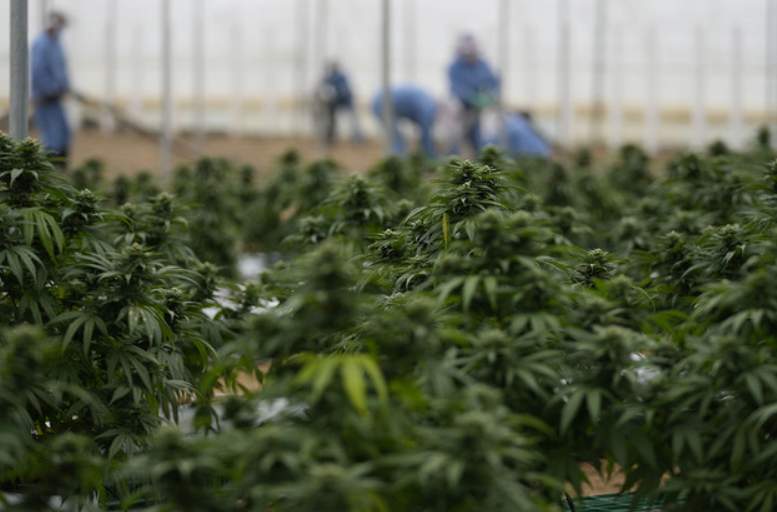Alabama Medical Cannabis Licensing: A Third Attempt Amid Challenge
LOS ANGELES -In a critical step toward establishing its medical cannabis industry, Alabama’s Medical Cannabis Commission (AMCC) approved a new set of licenses on December 1, marking the third attempt in a complicated licensing journey. The decision, taken during the AMCC’s regular meeting, encompassed a diverse array of licenses, including seven for cultivation, four for processors, four for dispensaries, four for secure transporters, and one for a testing laboratory. This move sets the stage for the upcoming award of licenses for vertically integrated operators scheduled for December 12.
The necessity for this latest round of approvals stems from a turbulent history that began more than two years ago, following Governor Kay Ivey’s legalization reforms in May 2021. The initial licensing process, conducted in June 2023 through a blind, third-party scoring mechanism, was ultimately nullified due to alleged inconsistencies in scoring. A subsequent attempt on August 10 faced similar setbacks, marred by litigation from unsuccessful applicants and allegations of violations of the state’s Open Meetings Act, leading to a complete overhaul of the process.
This third licensing round was distinguished by an opportunity for applicants to present their cases publicly from November 27 to 29, enabling direct dialogue between the applicants and AMCC members. AMCC Chairman Rex Vaughn emphasized the difficulty in selecting from a pool of highly qualified applicants, acknowledging both the insightfulness of the presentations and the stringent selection criteria.
The recent approvals include notable names like Organic Harvest Lab LLC, Coosa Medical Manufacturing, and Certus Laboratories among others, with a 14-day deadline for the submission of license fees. These awardees must now undergo pre-issuance site inspections before their operations can officially commence.
In line with state statutes, the AMCC retains the capacity to issue further licenses, with scope for additional cultivation, secure transport, and testing lab licenses in the future. This prospect is anticipated to unfold in a second licensing round, details of which are yet to be announced by AMCC Director of External Affairs Brittany Peters.
Despite the progress, the licensing journey has not been without its controversies. Chicago-based Verano, a prominent multistate operator, was initially awarded an integrated facility license in the June process but found itself excluded from the August do-over, leading to legal actions. This dispute highlights ongoing tensions and the delicate balance between objective scoring processes and administrative discretion in Alabama’s burgeoning medical cannabis sector.
The AMCC’s recent actions, while a significant step forward, continue to reflect the complexities and challenges inherent in establishing a regulatory framework for medical cannabis. As the state prepares for its next phase of licensing, industry observers and stakeholders alike remain keenly attentive to Alabama’s unfolding narrative in the realm of cannabis regulation.


































